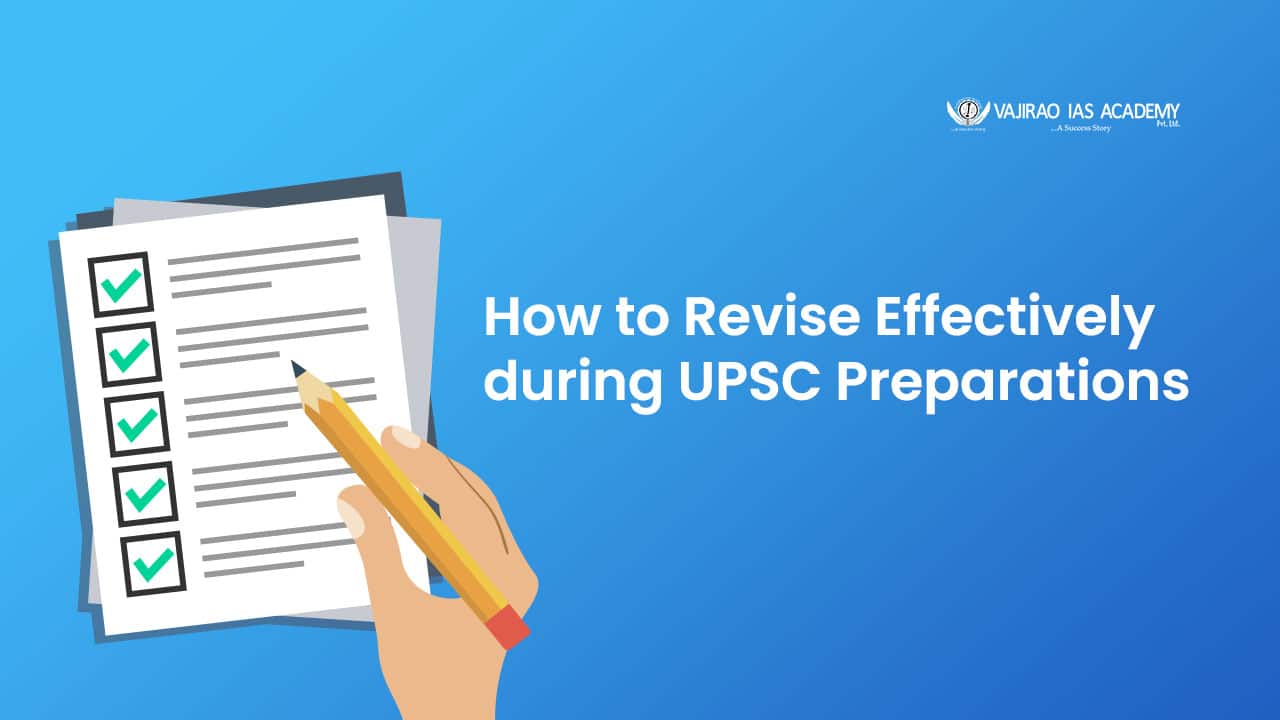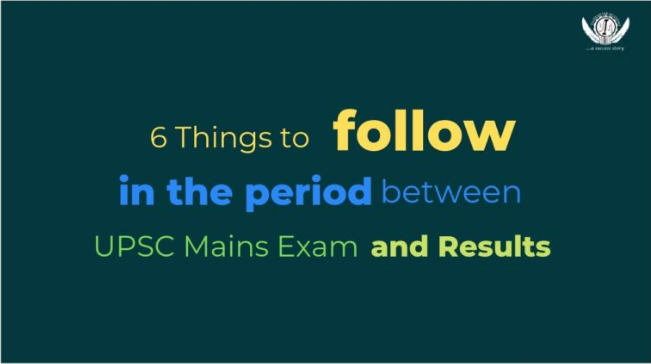Since last 3-4 years, the UPSC, living upto his tag as being ‘unpredictable’ had come up with new challenges with for the UPSC aspirants every now and then. The competition for the limited number of available posts is becoming more and tougher. Amidst this cut-throat competition the one practices more and revises more, will stand out and make it to LBSNAA.
The best practice to revise will be to follow up a well-structured ‘Study and Revision Plan’ which presents you with an opportunity to revise multiple times.
Here in this article we will look for more such practices and strategy by adopting which you can retain all the important information required to clear UPSC CSE:
- Note Making is Key:
Almost all the aspirants make the grave mistake of making lengthy notes. Lengthy notes are time-taking and cumbersome to make and study. While making self notes do keep in mind that you are preparing them in order to aid you in revisions which will be done during a period when you won’t have enough time in hand. The Notes should be an exclusive collection of short definitions, important phrases, examples, legit data, stats and figures, if possible then with smart diagrams and flow charts. Books are there for subjective study, your self-notes should contain only gist of topics learnt. - The Right Approach to Revise:
The simple mantra will be to “Revise daily, 2-3 times a day, in a particular time-slot of the day”. Keep particular revision slots for similar subjects as while reading similar subjects, it becomes a lot easier to recall and retain. Daily revisions are very vital. Human minds are very fickle; they tend to forget the information which you once labored hard to retain in order to retain new set of information. So, it will best if you spare some time daily exclusively for revisions for the topics you completed on that particular day. - Make efficient use of Technology:
In this age of internet revolution, technology can be your best friend when it comes to UPSC preparation. Nowadays, you need not toil hard to prepare long, hard notes. Everything is available online and as such preparing soft notes will enable you to access the entire lot anytime, anywhere. You can save up on a lot of time that you would otherwise spend on searching through notes, or waiting to get home to start your revision. - Mock Tests and Post-Analysis:
Attempting as many mock tests as possible is the best way to comprehend and ascertain as to how much you have gained and improved since you started preparing for these exams. Mock tests will not only help you realize your current level of preparation but also are very able sources of revisions materials. Do make sure that you devote proper amount of time to analyze the mock papers once you have finished a test. This way, by the close of prelims exam, you will ready 4000-5000 multiple choice questions on various subjects. - Opting for the Prefect Revision Method:
As per various educationists, there are 2 broad techniques adopted students of different age group for effective revision, they are:
- Standard Method: This is mostly commonly adopted technique by majority of students. The aspirant goes on studying all the topics and when it seems he had not retained anything, he will study the same again and again. With time, UPSC aspirants tend to lose recollection levels of a subject and so they have to spend more time to keep their preparation at an optimum level. This technique is effective only in the early stages of the preparation process but candidates should get on to frequent revision a few months before the actual prelims exam.
- Frequent Revision Technique: It is more or less the same as the ‘Standard Technique’ with the difference being the period between reading a topic for the first time and revising it. It is based on the fact that the UPSC aspirants should revise more frequently i.e. on a regular basis within 5-6 days so that continuity is maintained. Studying and revising in smaller portions is a very effective strategy when the syllabus is as demanding as that of UPSC.
The point is you need to revise no matter what. Now it’s up to you as to as to which method you adopt. But do make sure that your revision plan corresponds with your study plan and such, a balance is maintained. Assign different days for different subjects and see that for every 1 hour of study, you revise for atleast 10 minutes.
A lot of your success depends on the way you revise each and every topic of the syllabus. Get back to your study table and ponder over our advices. We are pretty sure these insights are going to help you leaps and bound. Fix your knowledge gaps with these tips and start revising in a focused manner from now on.




